
By Kizito CUDJOE
The country is set to overhaul its two-decade-old mining law in the most sweeping reforms to the sector in 20 years, scrapping development agreements, capping mining leases at 15 years and making community development pacts compulsory, among others.
The revision, anchored on an indigenisation drive, also proposes capping prospecting licences at nine years to align operations with international practice and prevent abuses linked to indefinite renewals.
The Minerals Commission, Chief Executive Officer (CEO) Martin Ayisi, speaking at a policy roundtable hosted by the Institute of Economic Affairs (IEA), noted that Ghana’s current mining law will be 20 years in the next seven months if not revised, while the mining policy was last updated in 2014.
In view of this, he said “There are a number of factors driving these changes in policy and the law” – citing regulatory challenges since the adoption of mining regulations in 2012, frequent government transitions and mounting public pressure over lack of community benefits from mineral resources among others.
Under the proposed amendments, he disclosed that a prospecting licence will be issued for an initial three years and may be renewed twice with each renewal not exceeding three years, bringing the total maximum term to nine years. This mirrors international practice such as South Africa which allows eight years in total, Namibia seven and Kenya and Burkina Faso nine among others.
Mr. Ayisi said the cap is expected to curb abuses under the current regime, wherein indefinite renewals are permitted under Act 703.
“The system as it stands encourages companies to hold onto rights without necessarily investing,” he said. “Limiting renewals creates discipline and ensures resources are responsibly explored.”
Another central reform is abolition of development agreements (DAs). DAs – which also go by other names such as mineral agreements, mining agreements, investment agreements among others – were primarily introduced by the World Bank and International Monetary Fund (IMF).
Only three companies currently operate under such agreements – Gold Fields Ghana (Tarkwa and Aboso mines), Newmont and AngloGold Ashanti’s Obuasi mine.
Mr. Ayisi said DAs tend to favour companies rather than the state, noting that most other large-scale operators function without them. “The DAs have outlived their usefulness in Ghana’s context,” he said, adding that while existing contracts will run their course, the country will not extend them.
These reforms will also cut the maximum term for mining leases from 30 years to 15 years, renewable for up to 10 years. Mr. Ayisi argued that 30-year leases are “no longer fashionable”, with most African peers granting leases between 20 and 25 years.
“There is no need for 30-year leases anymore,” he said. The revised structure is envisioned to provide adequate security for investment while giving the state more flexibility to adjust terms as circumstances change.
In a bid to strengthen local benefits, the draft law will require companies to sign a community development agreement (CDA) within six months of obtaining a lease.
At present, corporate social responsibility (CSR) initiatives are voluntar -, though companies can claim associated costs as tax deductions. Making CDAs mandatory would, Mr. Ayisi said, “formalise community benefits and put Ghana on par with international standards”.
Communities affected by mining have long complained of inadequate compensation and limited benefits from operations, despite Ghana being Africa’s largest gold producer.
The Minerals Commission boss said these reforms respond to long-standing concerns from civil society, academia and media about mining’s limited community impact despite Ghana’s mineral wealth.
Mr. Ayisi said the country’s stability provision in the current regime is the “worst globally”. The revision will therefore introduce limited stability, with no special treatment expected for mining companies.
The proposals also include removing upper limits of fines for mining companies and shifting dispute resolution from international arbitration to Ghana’s High Courts.
To further indigenise the sector, companies will be expected to list on the Ghana Stock Exchange, allow Ghanaians – including pension funds – to own shares and enhance local content provisions.
The proposed changes, he said, are designed to balance investor confidence with national interests, setting the sector “on a new path that mutually benefits the country as well as investors”.
Parliament will be expected to debate the amendments when ready. If passed, the law will mark the most significant reset of Ghana’s mining regime in a generation – reshaping how resources are exploited and how benefits are shared between companies, the state and local communities.
Some stakeholders present at the IEA meeting took turns to clarify aspects of the proposals and offered additional inputs for consideration.
The post Mining law set for major overhaul appeared first on The Business & Financial Times.
Read Full Story

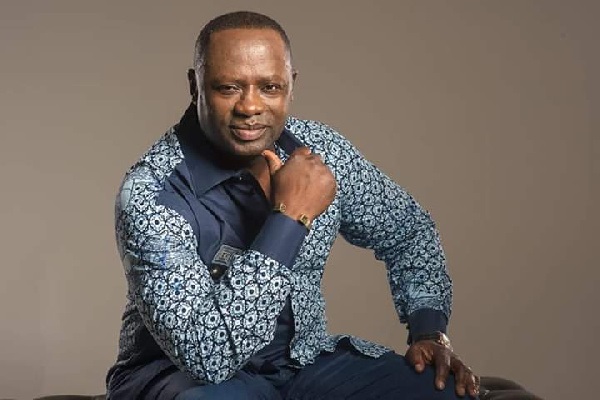
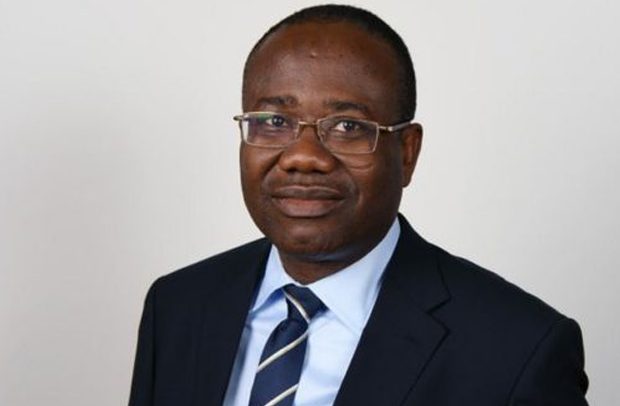
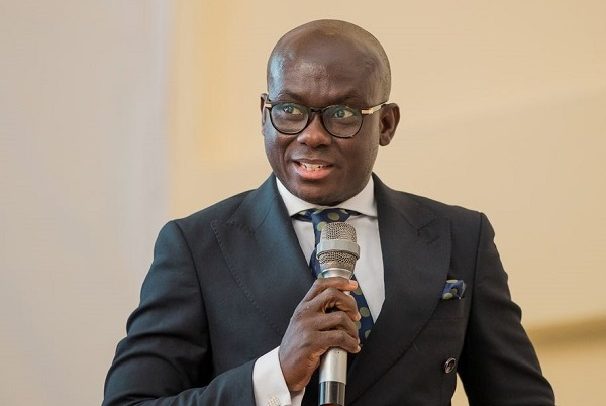


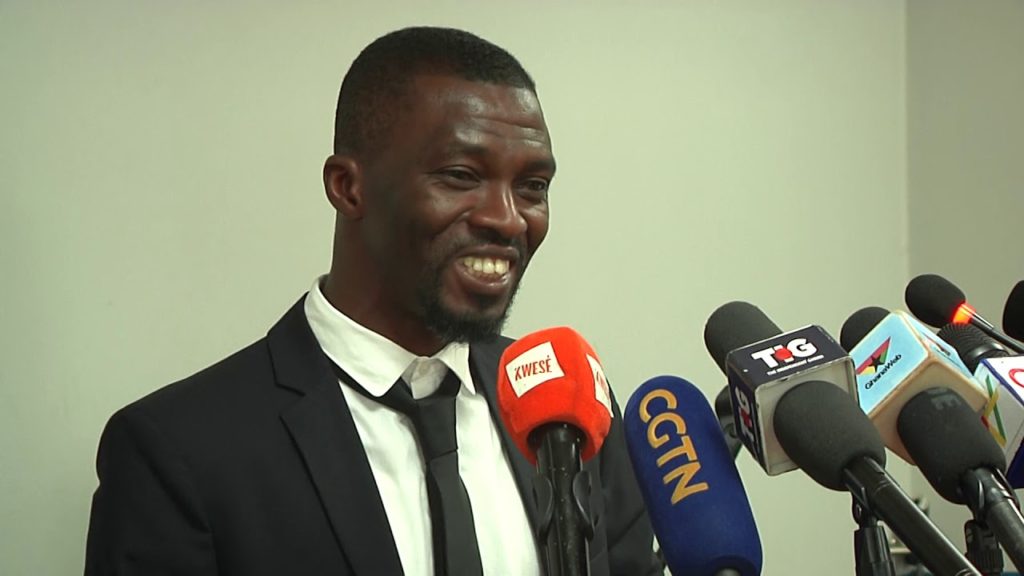




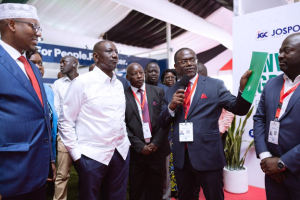
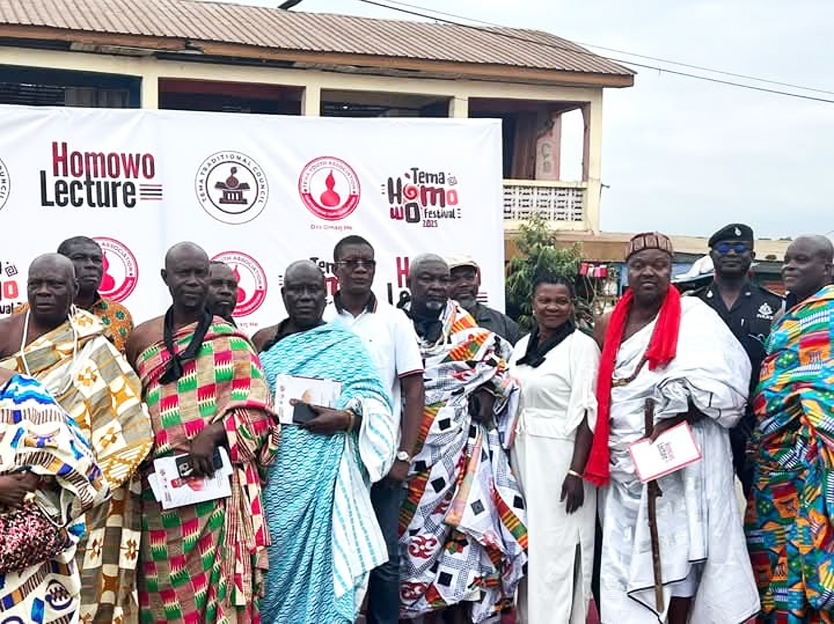
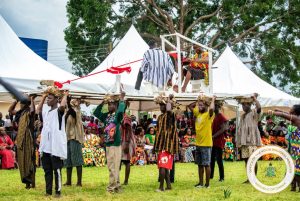

Facebook
Twitter
Pinterest
Instagram
Google+
YouTube
LinkedIn
RSS